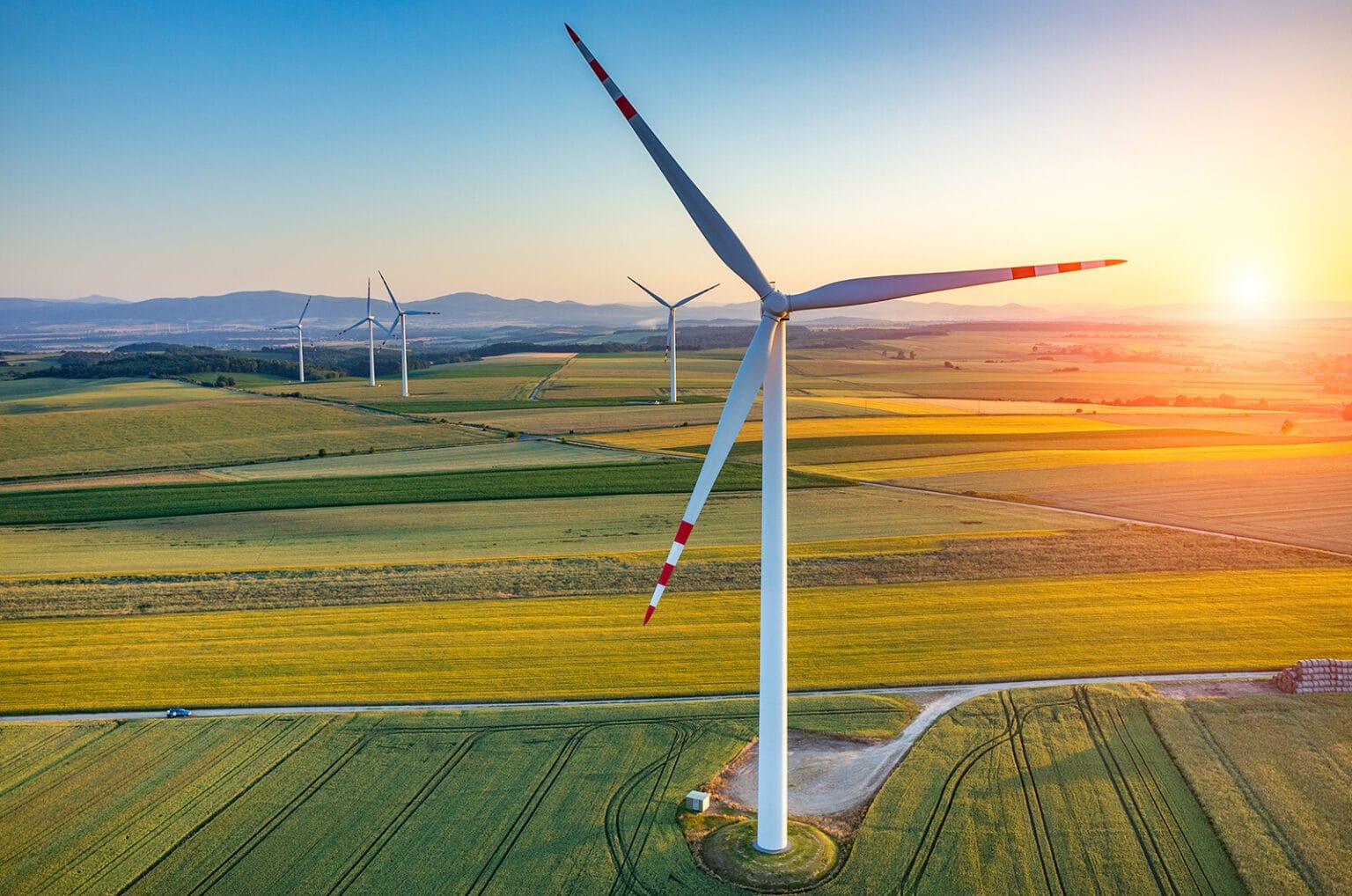A few days before its experimental commissioning, the future wind turbine blade factory of the Chinese group Ailong Keji Gufen Youxian Gongsi, located in Nador, is set to become a cornerstone of the Moroccan and North African industrial fabric. Situated in the heart of the Betoya industrial zone, this production unit is the first of its kind to be established outside Chinese territory by the group.
Covering an area of 50 hectares not far from the Mediterranean, the site has mobilized an investment of nearly 2.21 billion dirhams. It is designed to produce up to 750 blades annually, some of which reach an impressive length of 87.5 meters. During a recent visit, journalists were able to observe several of these blades already stored inside the hangars.
Beyond its industrial performance, the factory also stands out for its environmentally friendly design. Low-emission materials, ecological monitoring sensors, digital energy management, and regulated waste treatment are just some of the features integrated into the structure, according to details provided by Xu Wenjun, the deputy general manager of the Moroccan project.
The choice of Morocco is not incidental: Ailong aims to make this base a logistics and technology center to serve Europe, Africa, and the Middle East. A first contract has already been signed with the company Enda, and the names of industry giants like Vestas or Siemens Gamesa are circulating as potential future partners.
The Ailong company, established in 2007 in the port area of Lingang in Shanghai, specializes in blades for high-power onshore and offshore wind turbines. It currently manages several subsidiaries in China, particularly in the regions of Jiuquan, Zhangbei, and Inner Mongolia.
This Moroccan project represents a major step in the group’s internationalization strategy. With more than 3,300 jobs expected at the site in the long term, and a targeted revenue of over 6.2 billion euros per year, this factory could quickly become an essential industrial hub for the regional wind energy sector. The investment agreement signed with Moroccan authorities in October 2023 has allowed for a rapid start to construction, thus realizing an ambitious industrial vision with transcontinental reach.


